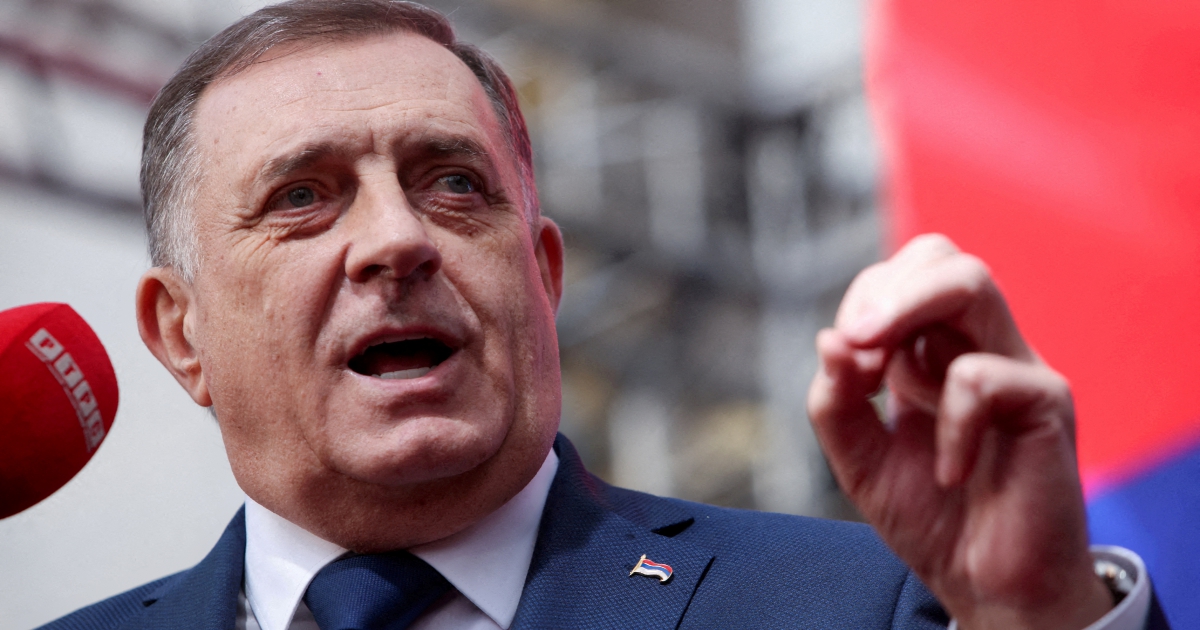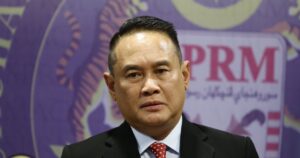SARAJEVO: Bosnia’s autonomous Serb Republic will hold an early election on Nov 23, the Balkan country’s election commission announced on Thursday, despite opposition from the region’s separatist leader and parliament.
The election commission called the vote for a new president of the Serb Republic in an attempt to resolve a standoff in which it stripped pro-Russian Serb nationalist Milorad Dodik of the presidency, but he has refused to step aside.
The political crisis is one of the worst in Bosnia since the Balkan wars that followed the collapse of Yugoslavia, and the Bosnian Serbs’ separatist drive is widely regarded as one of the greatest threats to peace in the Balkans since the 1995 Dayton peace accords ended the fighting in Bosnia.
Dodik was sentenced earlier this year to one year in jail and banned from political activity for six years for defying rulings by the constitutional court and orders issued by an international peace envoy, whose role is to prevent multi-ethnic Bosnia from sliding back into civil war.
An appeals court upheld the verdict this month, but Dodik has dismissed his conviction and said he will remain in office as long as Bosnian Serb lawmakers back him.
Last week, he initiated a vote in the Serb Republic’s parliament on holding a referendum on Oct 25 to ask residents whether they support international High Representative Christian Schmidt and agree with the verdict.
The parliament has rejected both Schmidt’s authority as the ultimate interpreter of the Dayton peace deal and Dodik’s verdict. It has also opposed an early presidential election in the region and prohibited local election campaigning.
Last week, Dodik also initiated a reshuffle in the Serb Republic government, dominated by his party, the Alliance of Independent Social Democrats, with the aim of forming a broader governing coalition.
This led to the resignation of Prime Minister Radovan Viskovic, and Dodik’s nomination of Agriculture and Forestry Minister Savo Minic as prime minister-designate.
The Serb Republic makes up Bosnia and Herzegovina along with the federation shared by Bosniaks and Croats under the Dayton accords, which ended the 1992-95 conflict that killed about 100,000 people in Bosnia and displaced around 2 million.
© New Straits Times Press (M) Bhd





